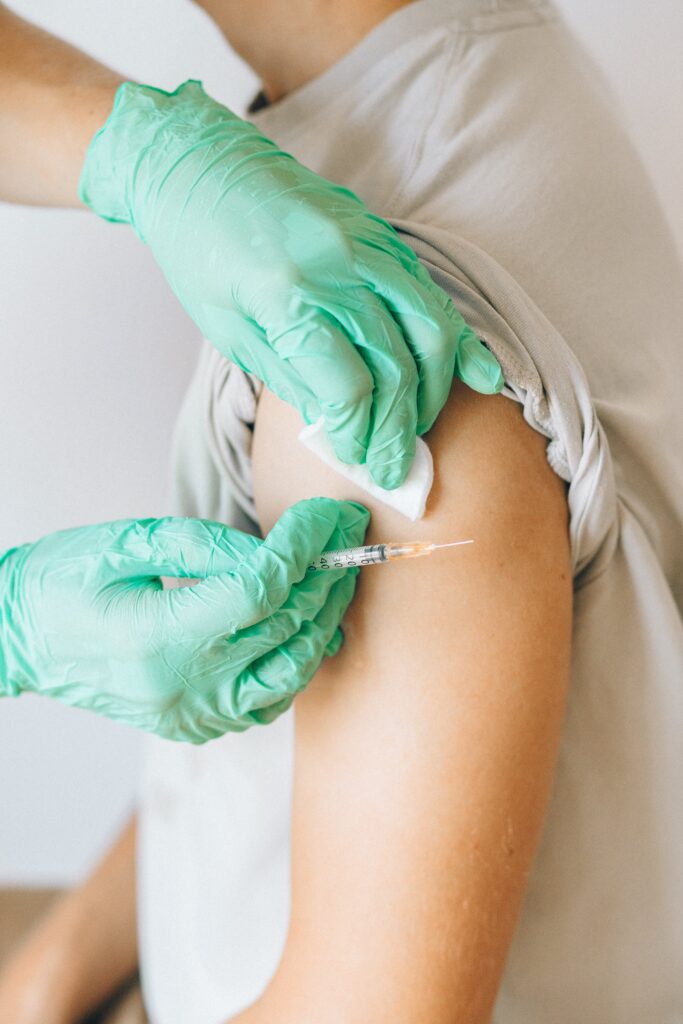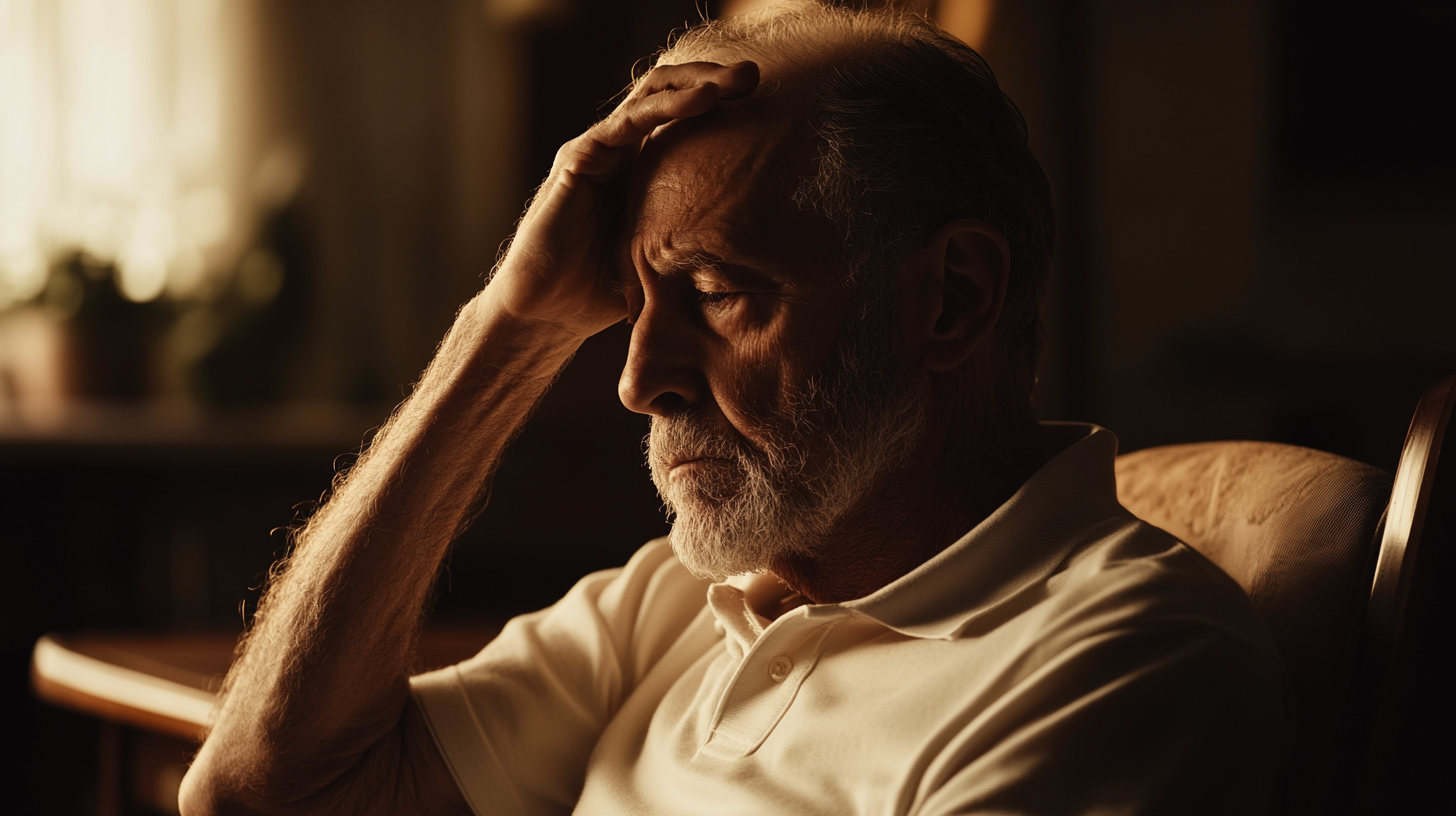Every year, like clockwork, flu season arrives—bringing with it a wave of sniffles, fevers, and body aches. And every year, we hear the same debate: Do I really need a flu shot? Maybe you’ve skipped it before and been fine. Maybe you’ve heard it doesn’t really work. Or maybe you just don’t have time.
Here’s the truth: Skipping the flu vaccine isn’t just a gamble—it’s a mistake. A mistake that could cost you days in bed, weeks of lost productivity, or, in some cases, even your life. Let’s break down why getting the flu shot is one of the smartest health decisions you can make this year—for yourself, your loved ones, and your community.
The Flu: More Dangerous Than You Think
For some, the flu is an annoying inconvenience—a fever, a cough, a few sick days. But for others, especially older adults, young children, and people with chronic conditions, it can be deadly.
- The CDC estimates that tens of thousands of Americans die from the flu each year, with hundreds of thousands hospitalized.
- Complications like pneumonia, heart attacks, and organ failure can arise, even in otherwise healthy individuals.
- The flu can trigger severe inflammatory responses, causing long-term health damage—especially in people over 65.
Think of the flu as that one bad decision you didn’t see coming—like skipping your seatbelt just once, only to get into a fender bender. Most years, you might be fine. But if you’re not, the consequences can be severe.
How the Flu Vaccine Works (And No, It Won’t Give You the Flu)
A common myth is that the flu shot can actually cause the flu. This is false. The vaccine contains either inactivated virus (dead) or a protein that mimics the virus, which teaches your immune system to recognize and fight it.
Here’s what really happens after you get the shot:
- Your immune system learns to recognize flu strains and builds antibodies to fight them.
- If you do get exposed to the flu, your body fights it off faster, reducing your risk of severe illness.
- Even if you still catch the flu, the vaccine makes it less severe, meaning no long hospital stays, fewer complications, and a quicker recovery.
It’s like installing an anti-virus program on your computer—you might still encounter a virus, but your system is prepared to handle it before it causes major damage.
Who Needs the Flu Shot the Most? (Hint: Probably You and Your Parents)
Some people assume they don’t need the vaccine because they’re healthy. But the flu doesn’t just affect you—it affects everyone you come into contact with.
The CDC strongly recommends flu shots for:
- Adults over 50 (especially over 65, when the immune system weakens)
- Children under 5 (who can develop dangerous flu complications)
- People with chronic conditions (diabetes, heart disease, asthma—flu can worsen these)
- Pregnant women (to protect both mom and baby)
- Healthcare workers and caregivers (because you don’t want to pass it to vulnerable patients)
Even if you’re not in a high-risk group, consider this:
- If you get the flu, you could pass it to someone more vulnerable—like an aging parent or a newborn in your family.
- Flu symptoms can last weeks, meaning lost workdays and decreased productivity.
- Every year, new strains circulate, so last year’s shot won’t protect you this year.
The Biggest Myths About the Flu Vaccine (And the Truth Behind Them)
🚫 “I got the flu shot once and still got the flu. It doesn’t work.”
✅ The vaccine doesn’t prevent all flu cases, but it reduces severity and complications, making it far less dangerous.
🚫 “Flu shots aren’t safe.”
✅ The flu vaccine has been around for decades, with millions of doses safely administered every year.
🚫 “I never get sick, so I don’t need it.”
✅ Your immune system changes over time. Just because you dodged it before doesn’t mean you always will.
🚫 “I’ll just take vitamins and wash my hands.”
✅ Good hygiene helps, but nothing beats an actual vaccine for flu prevention.
What Happens When People Skip the Flu Shot?
Imagine a city where half the people refuse to vaccinate. Flu cases skyrocket. Hospitals overflow. Vulnerable people, like seniors and infants, face life-threatening complications.
Now imagine a city where most people get vaccinated. Flu cases drop. Fewer people get sick. Fewer people die. That’s how herd immunity works—the more of us who get vaccinated, the harder it is for flu to spread.
Skipping the flu shot isn’t just about you—it’s about the entire community.
The Bottom Line: Don’t Wait. Get the Flu Shot.
If you’ve been on the fence about the flu vaccine, consider this your wake-up call.
- It’s safe.
- It’s effective.
- It protects you, your family, and your community
It’s fast, easy, and covered by most insurance plans (including Medicare and employer-based plans). And in many places, you don’t even need an appointment—just walk into your pharmacy or doctor’s office.
So this year, do yourself—and everyone around you—a favor: Get the flu shot. Because the flu doesn’t care how busy you are. It doesn’t care that you think you’re “healthy enough.” It just wants to spread. And the best way to stop it? A simple, painless shot.
Your future self will thank you.



